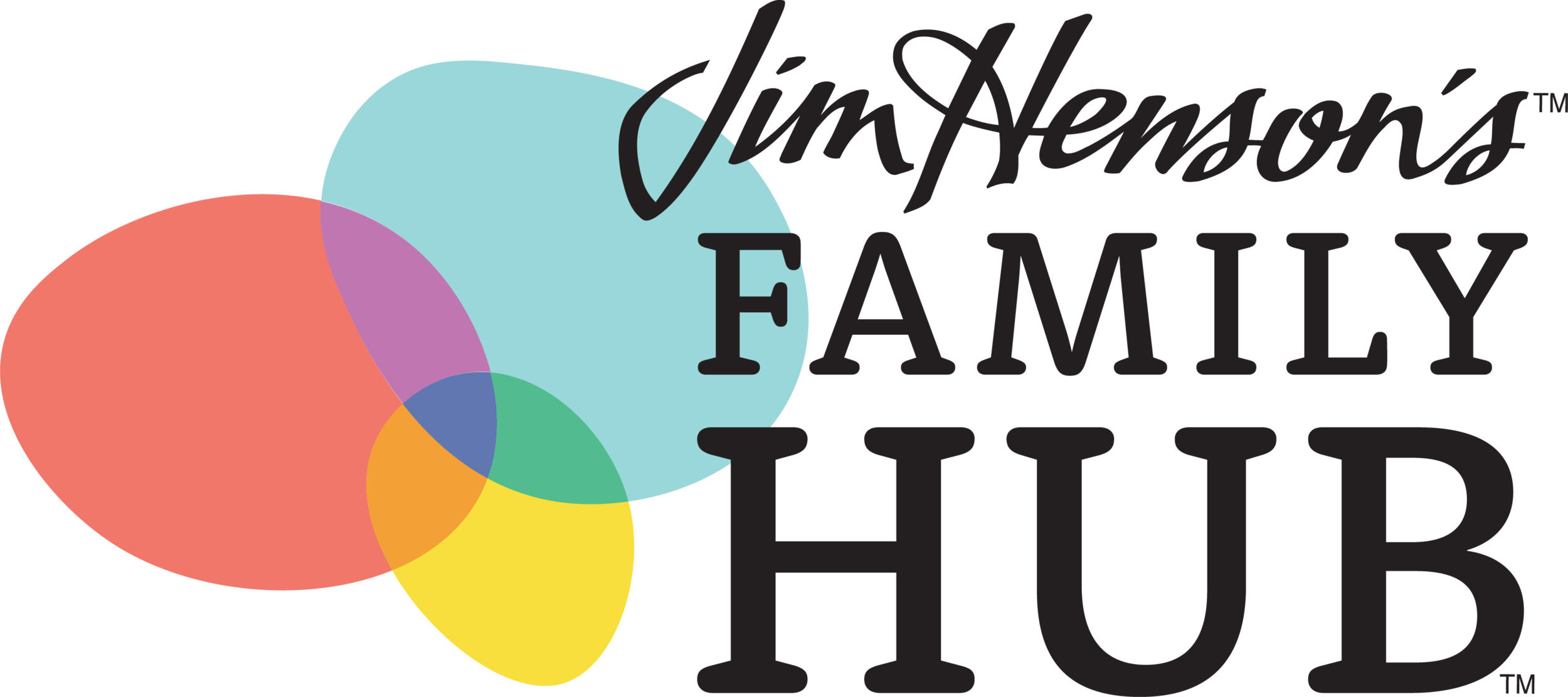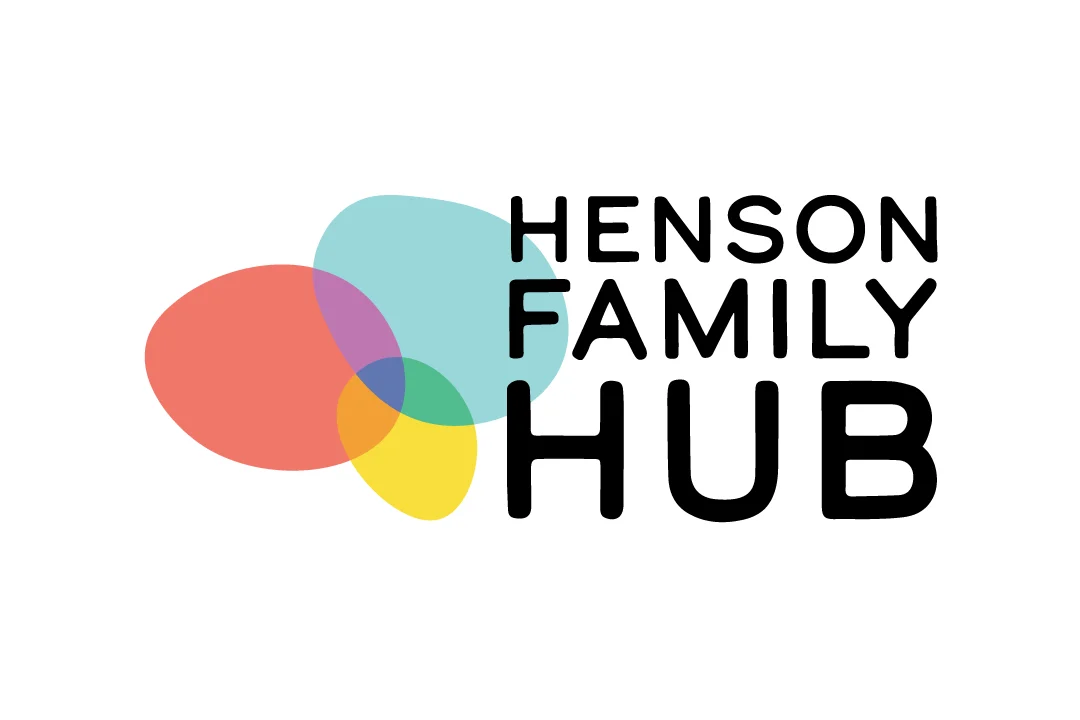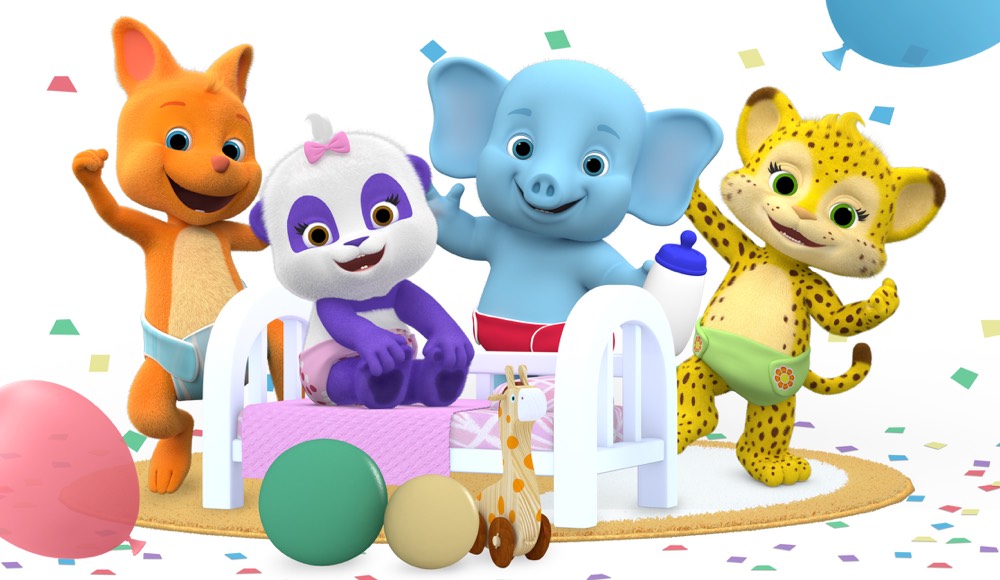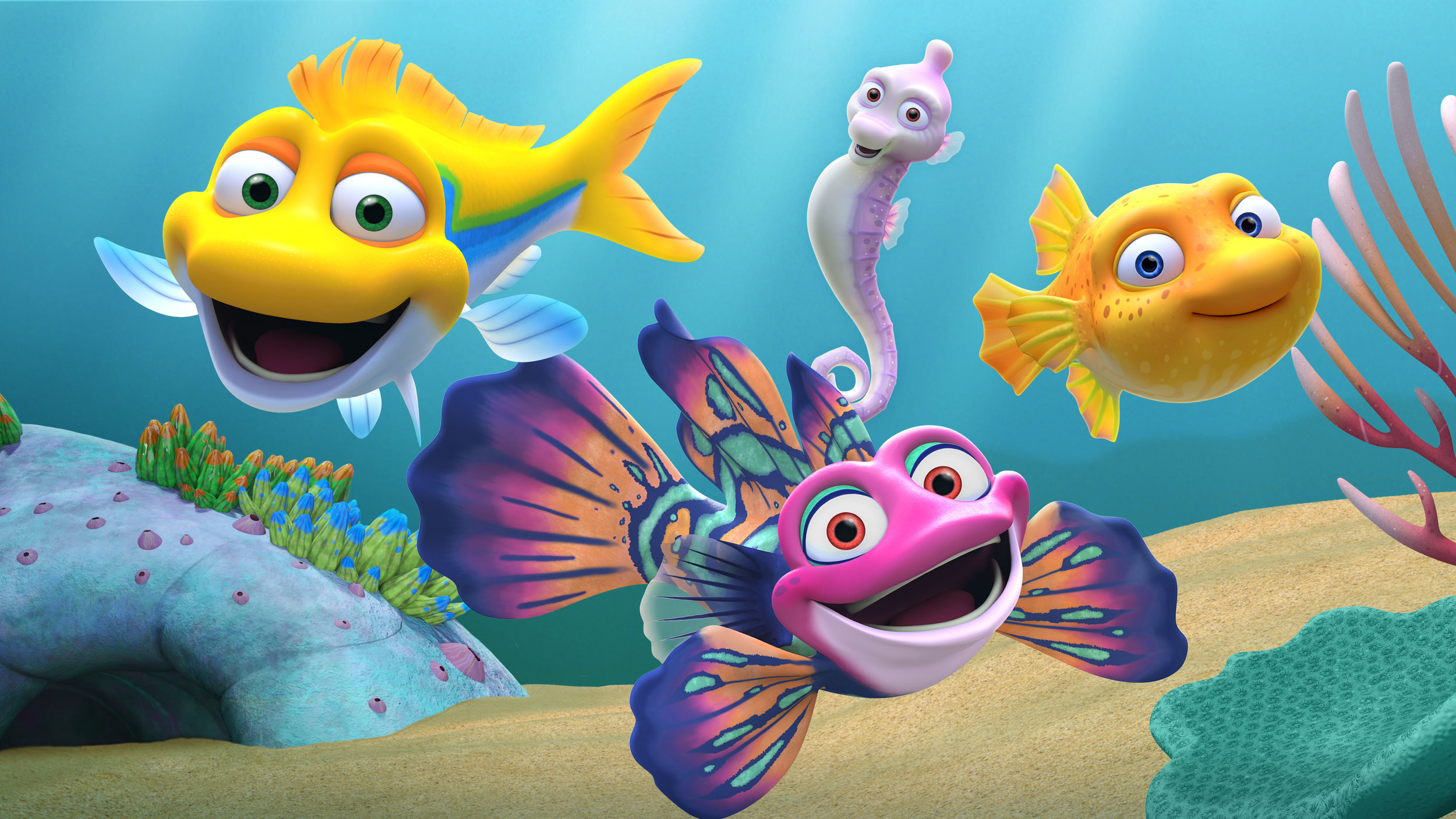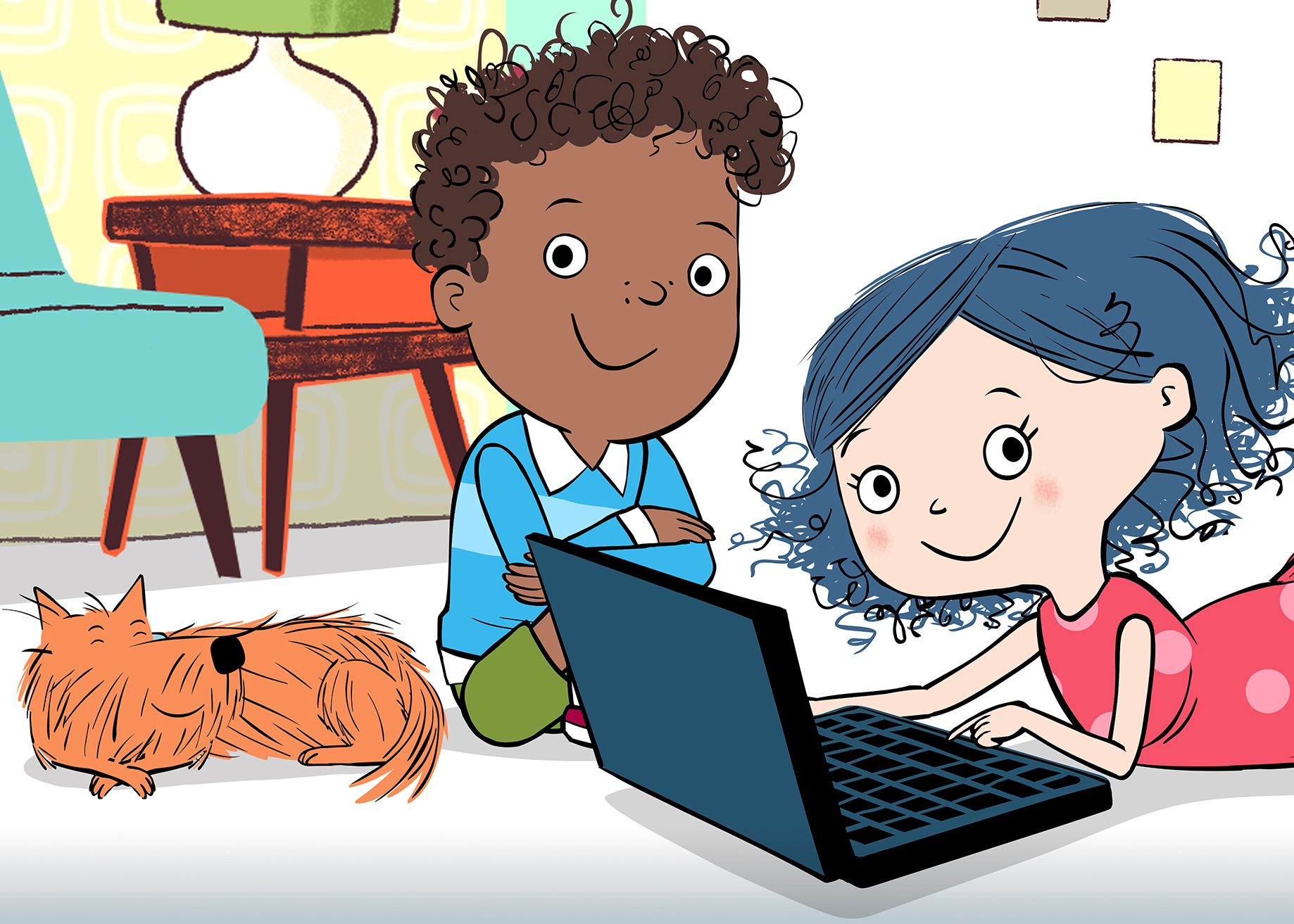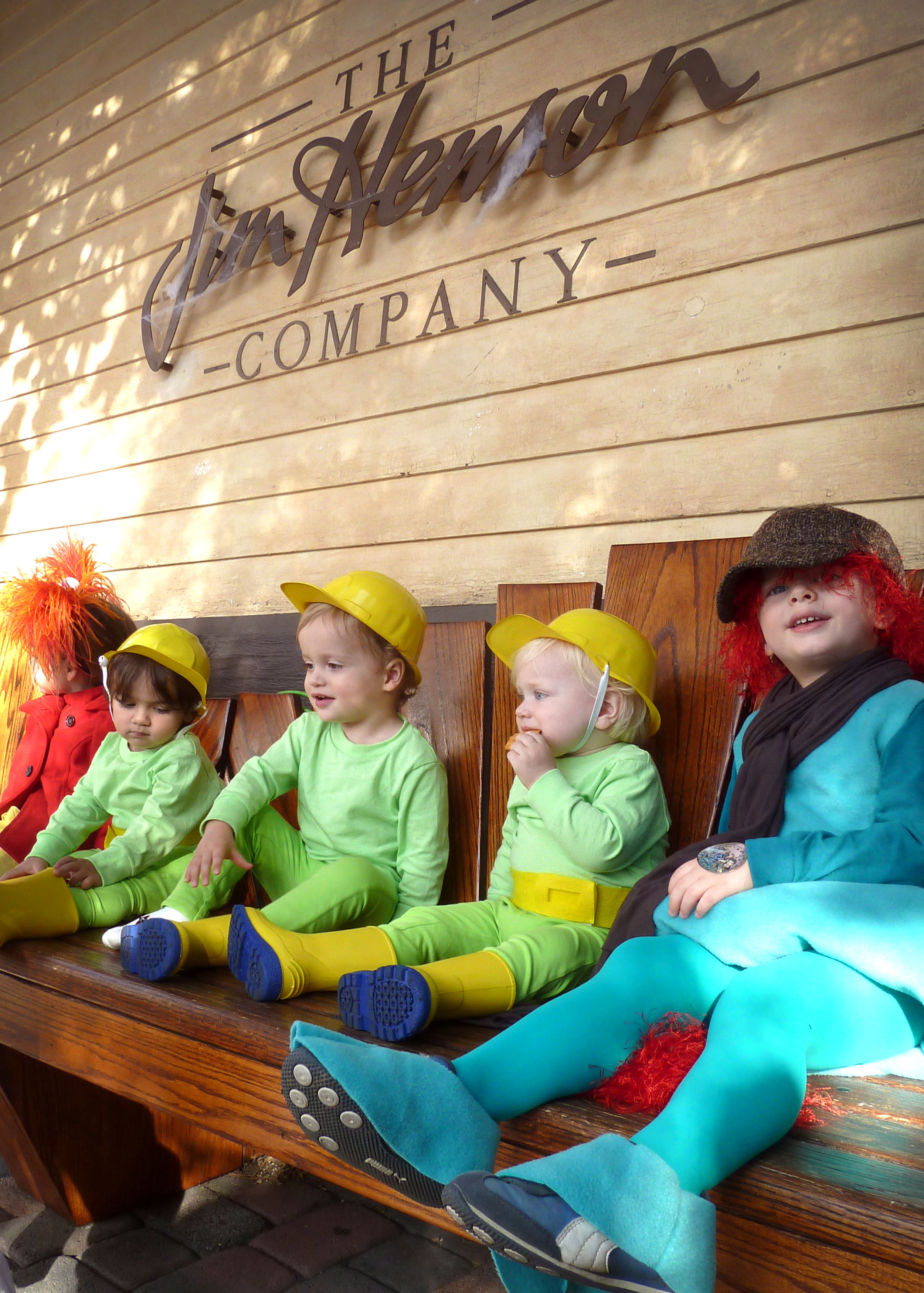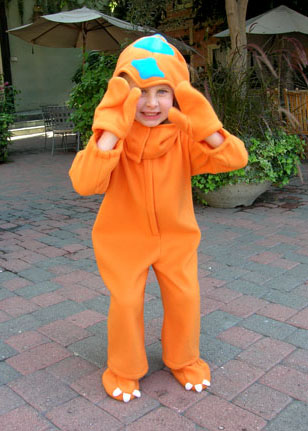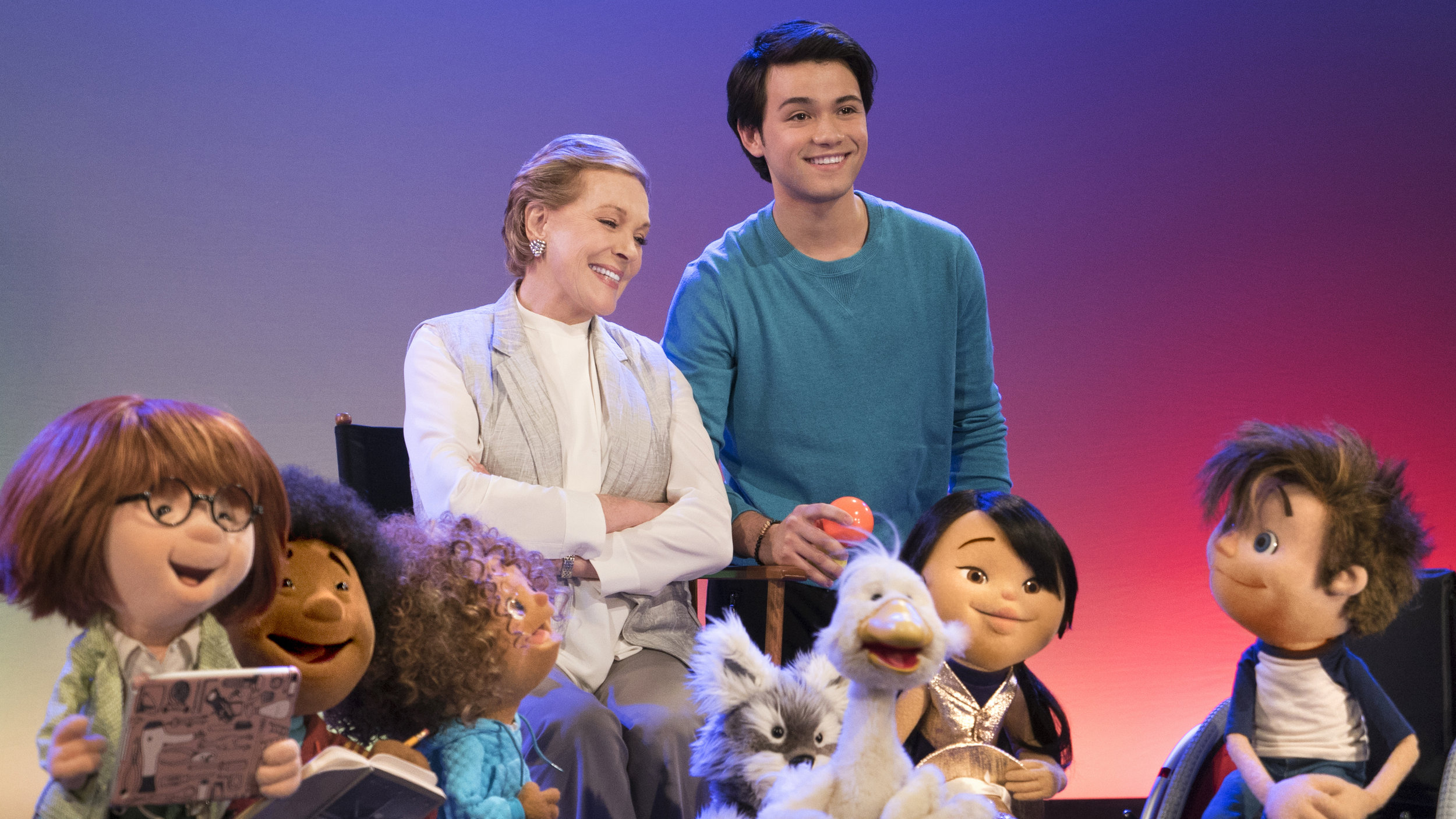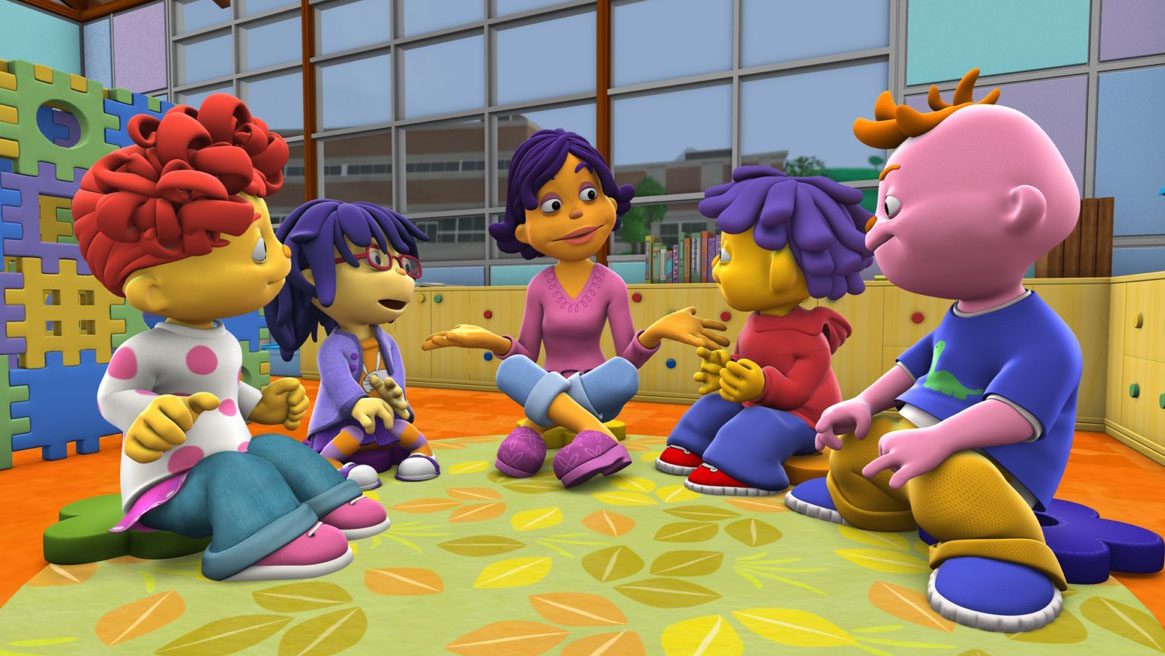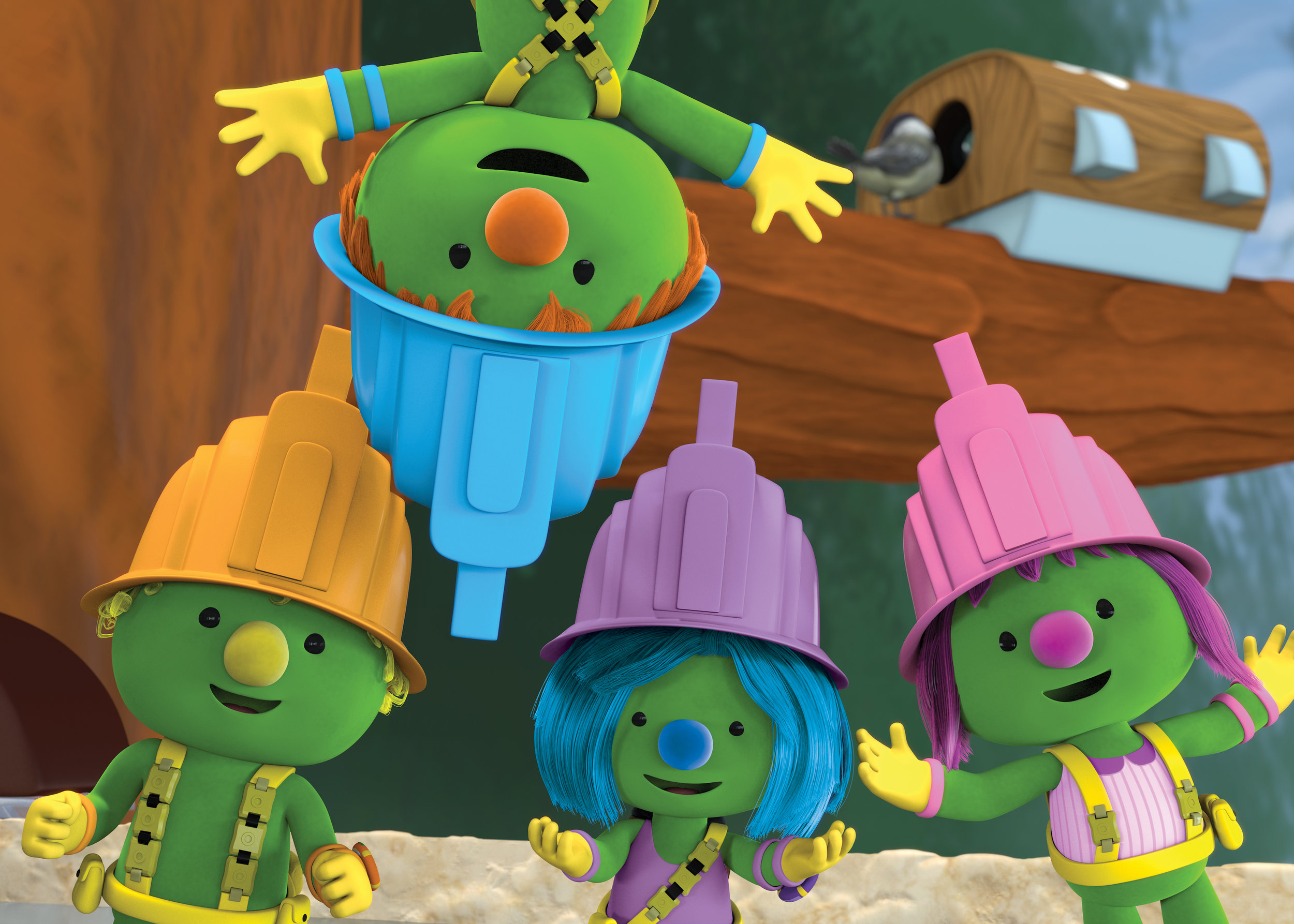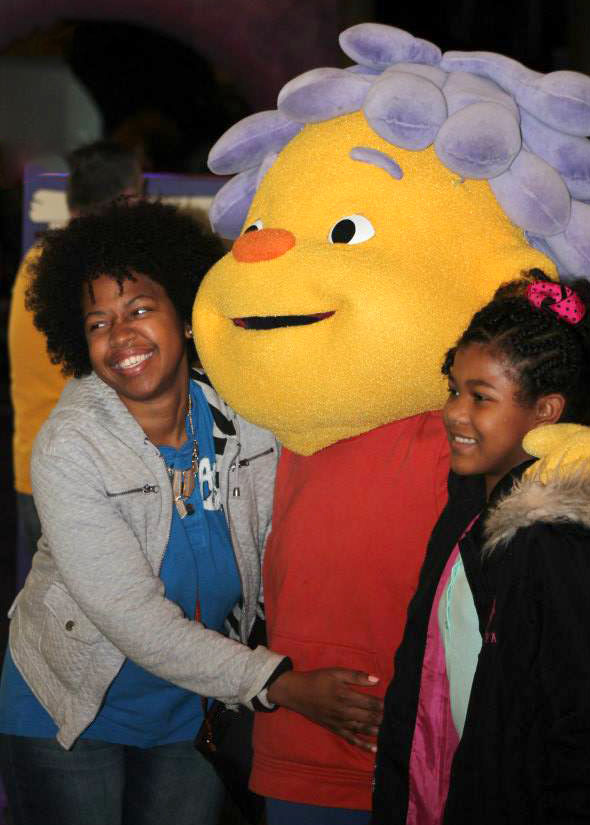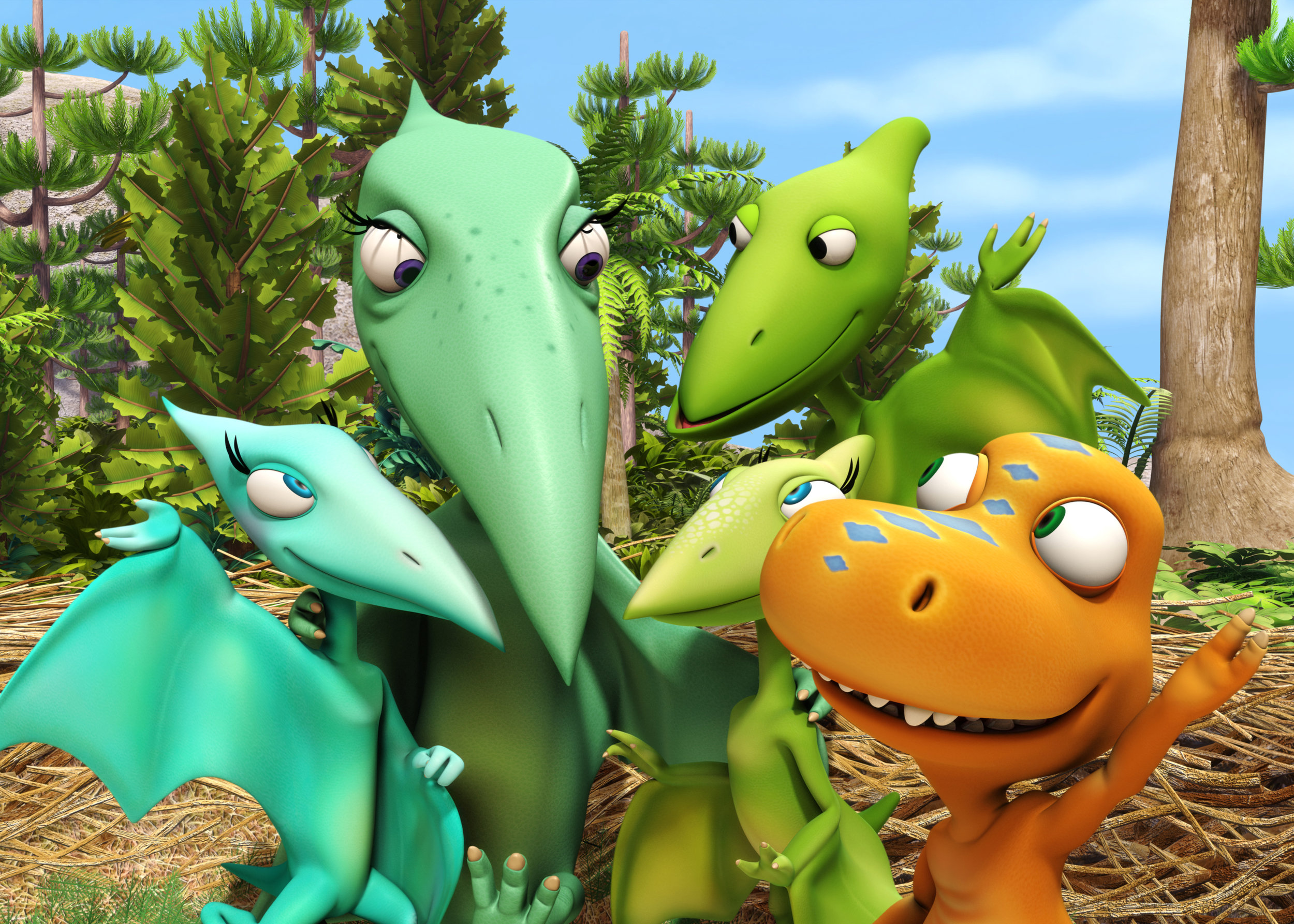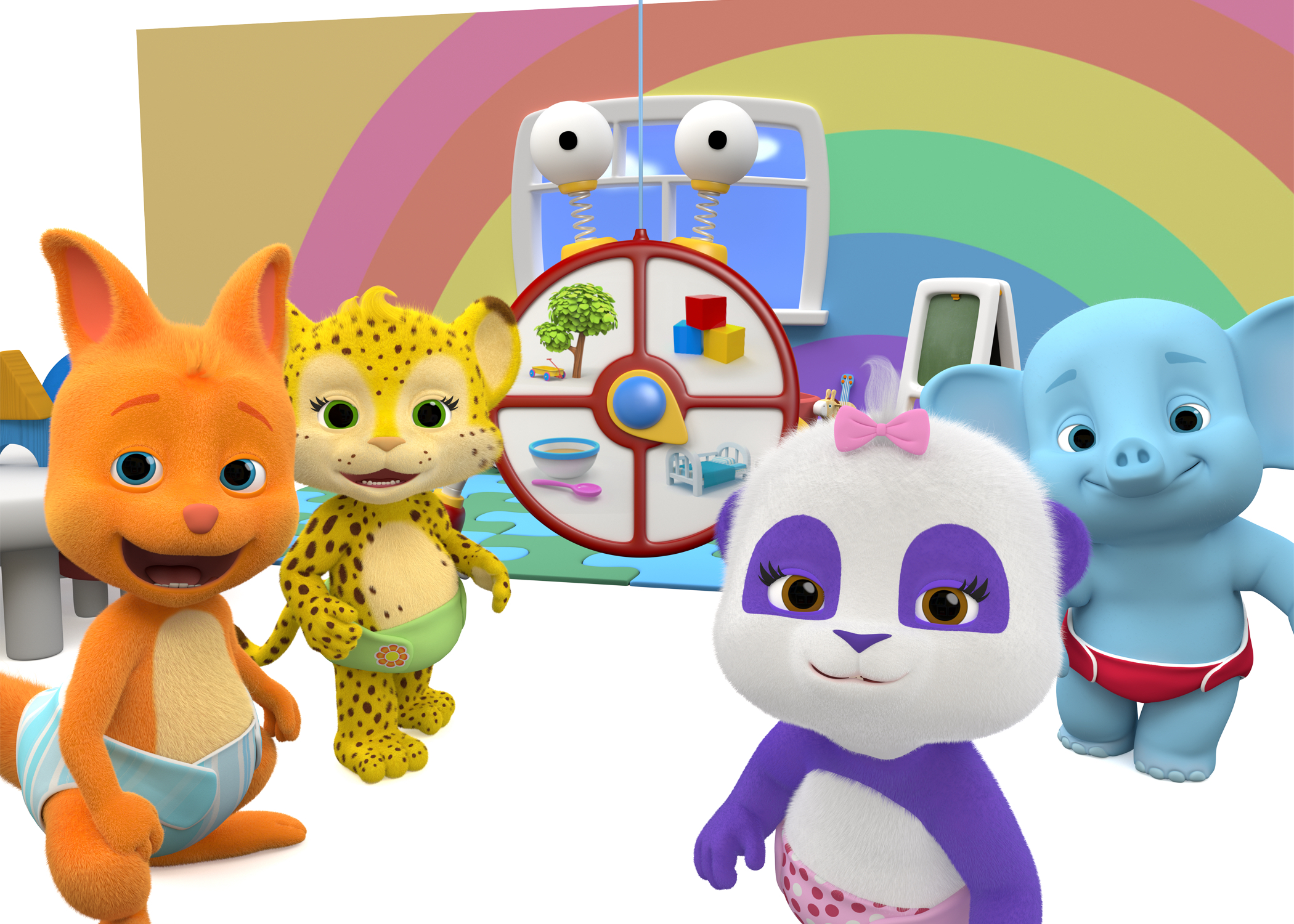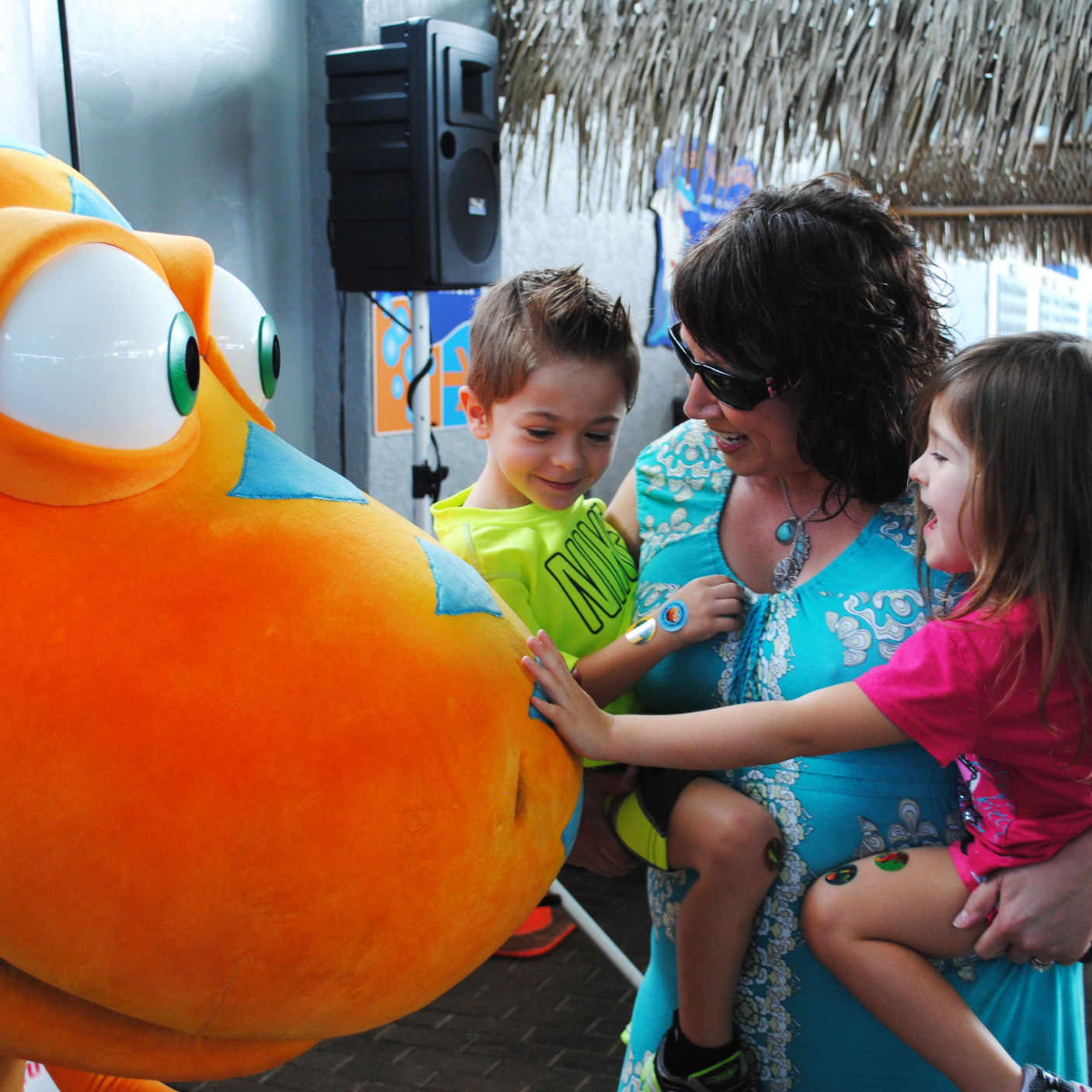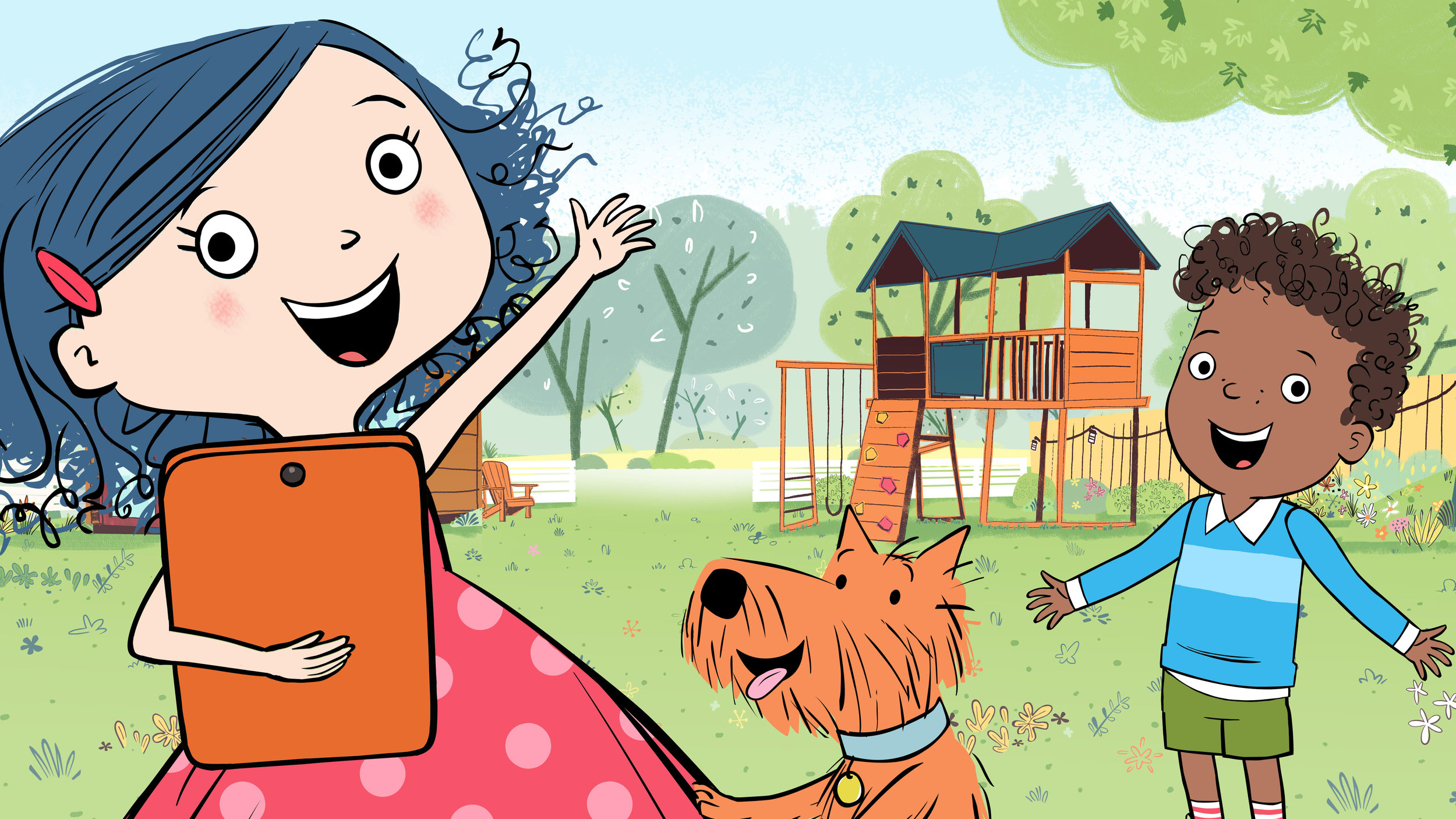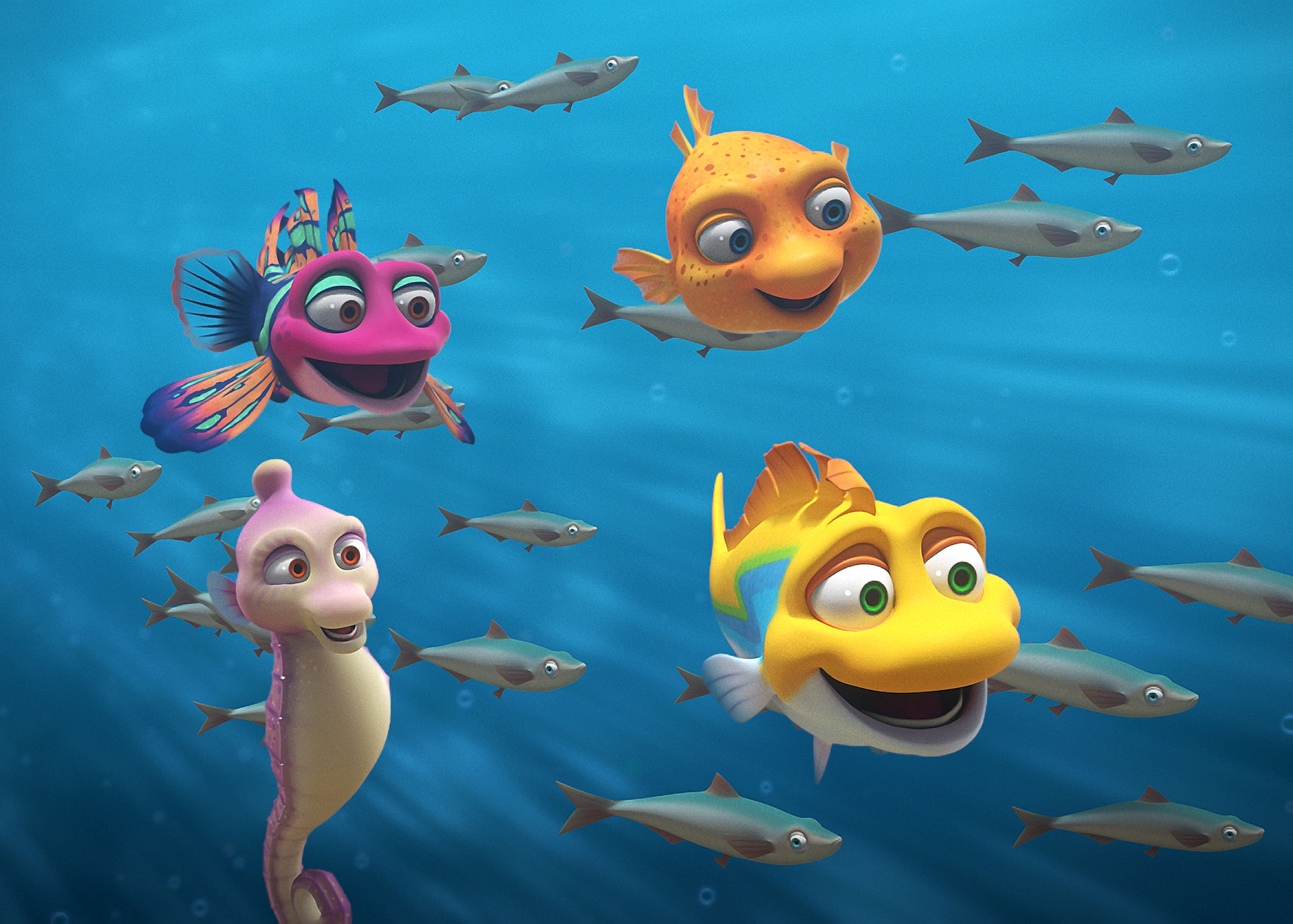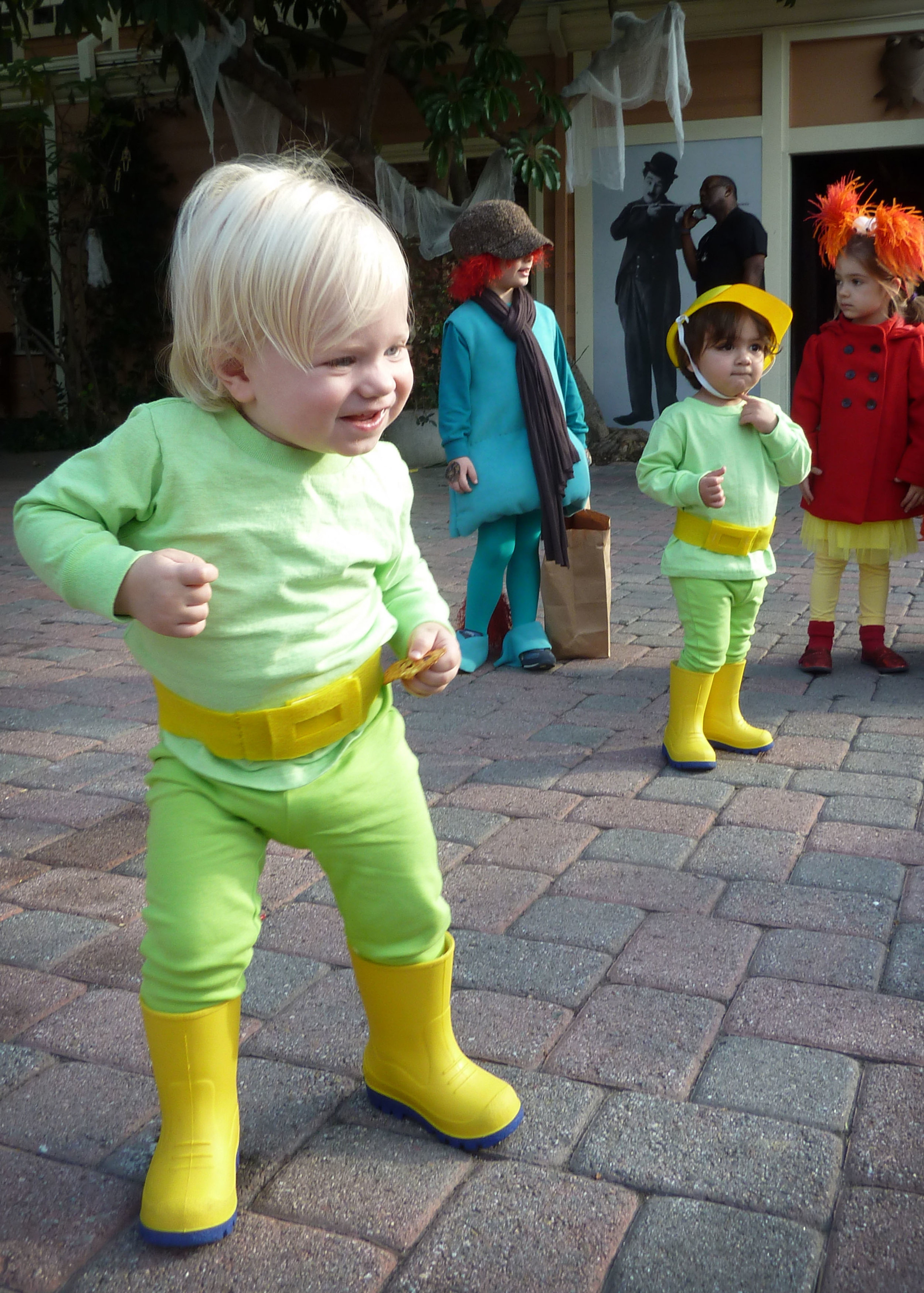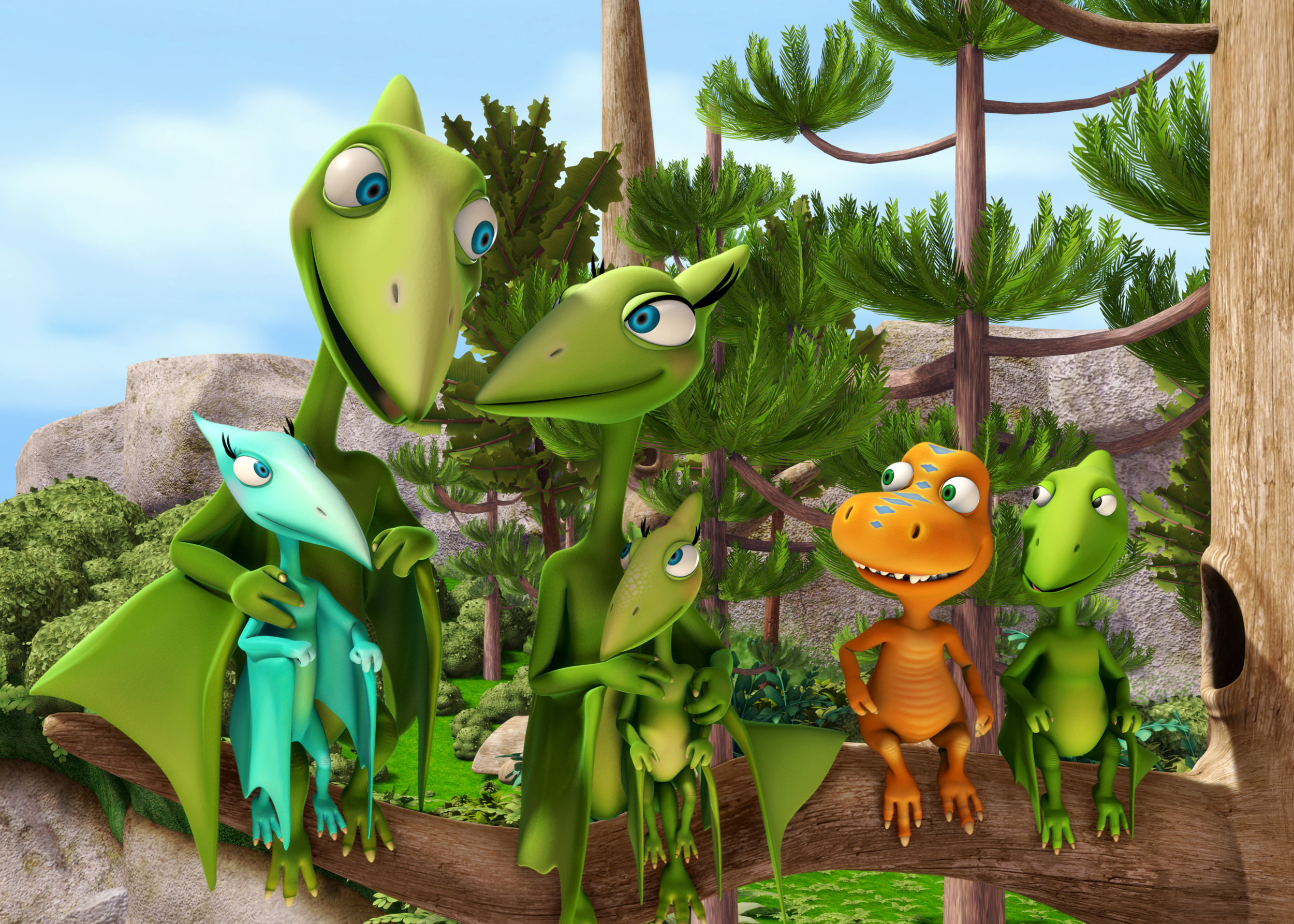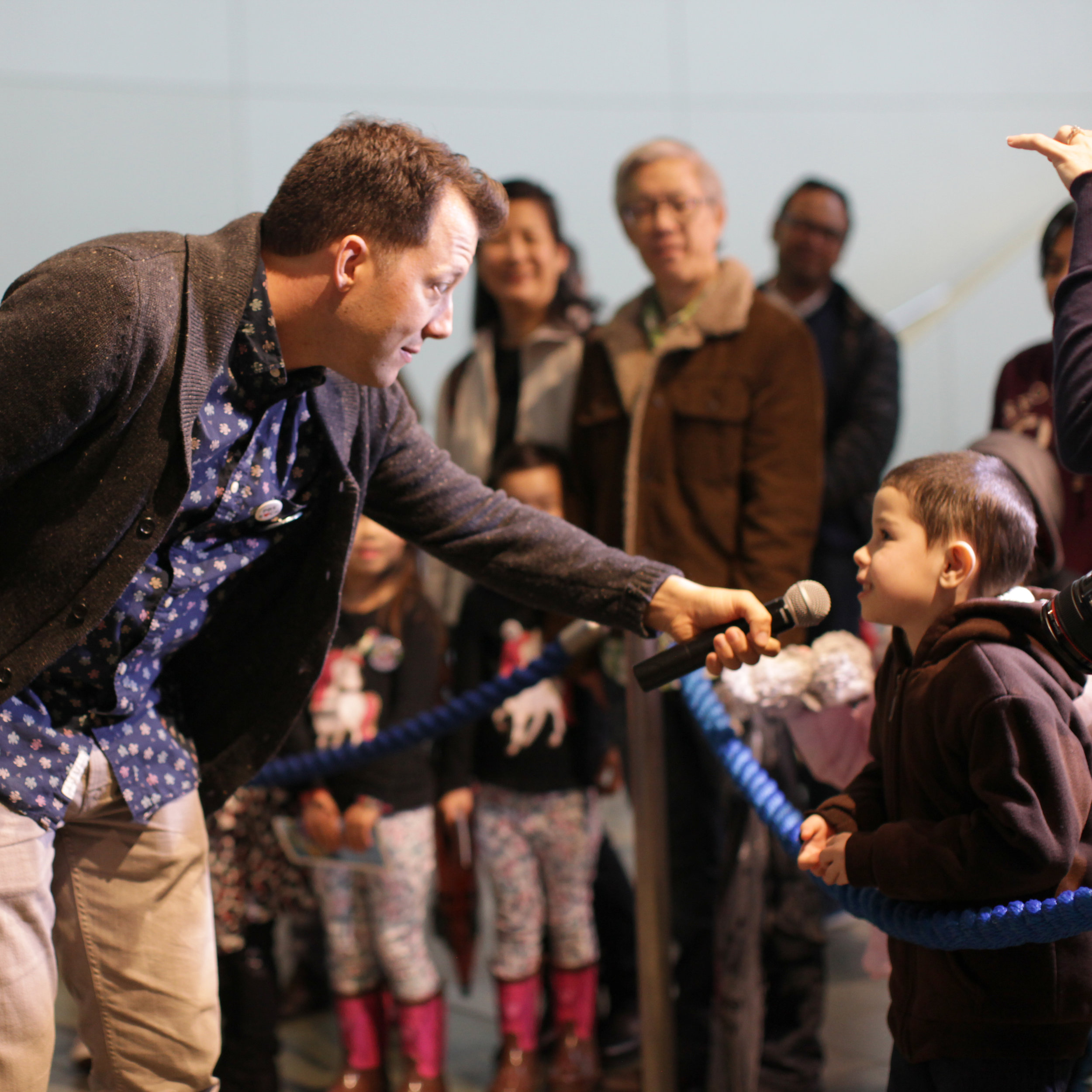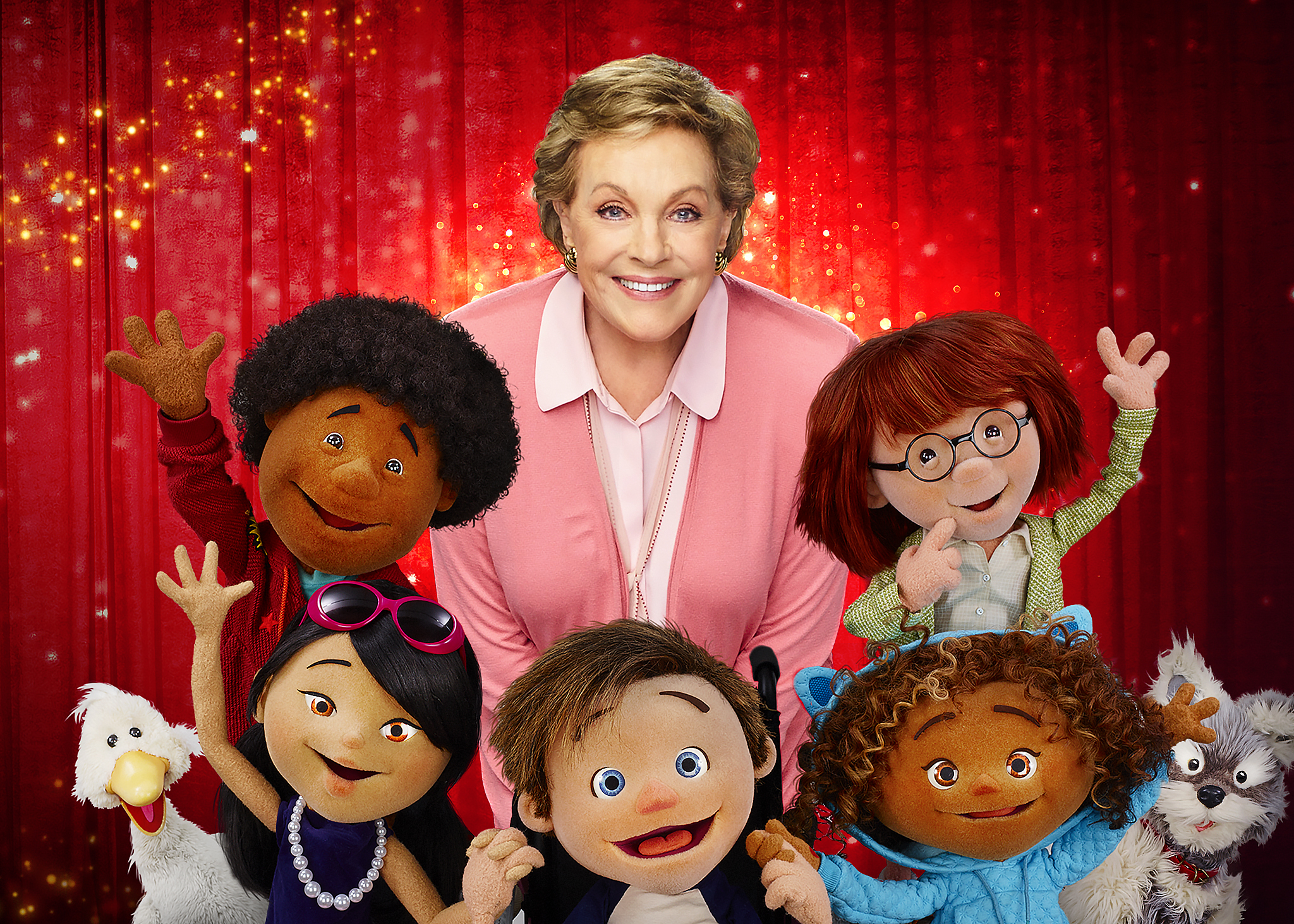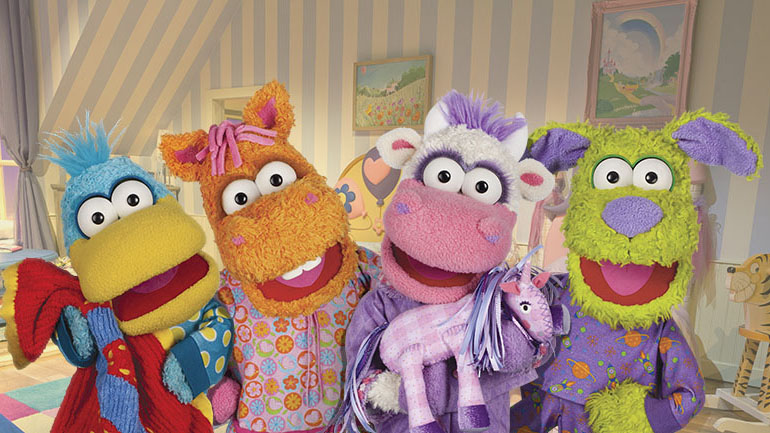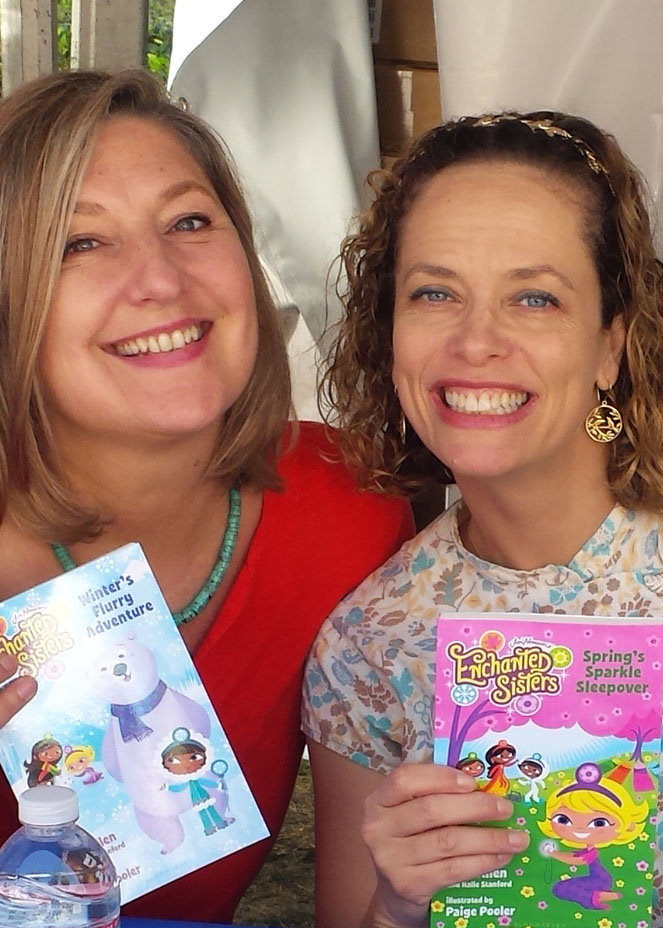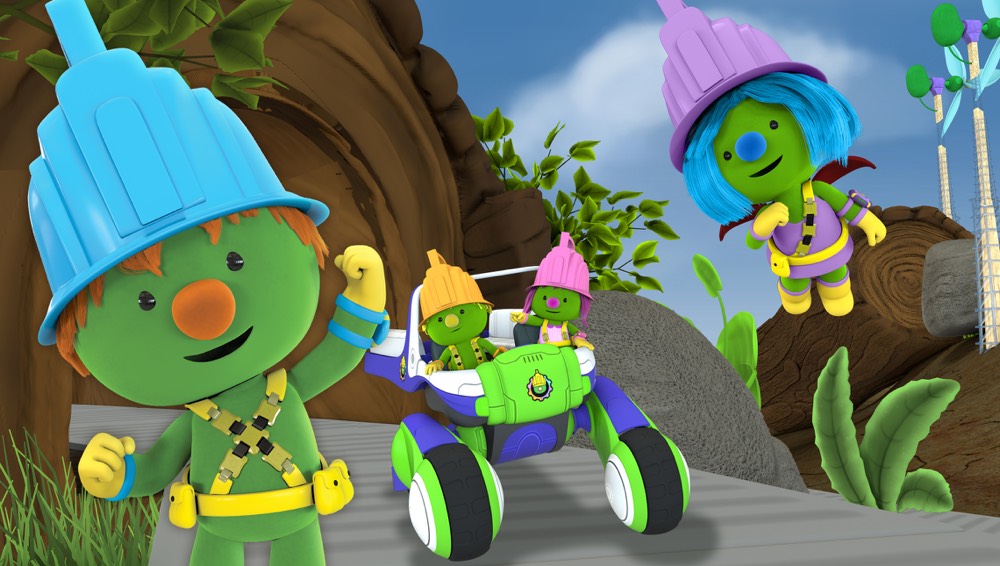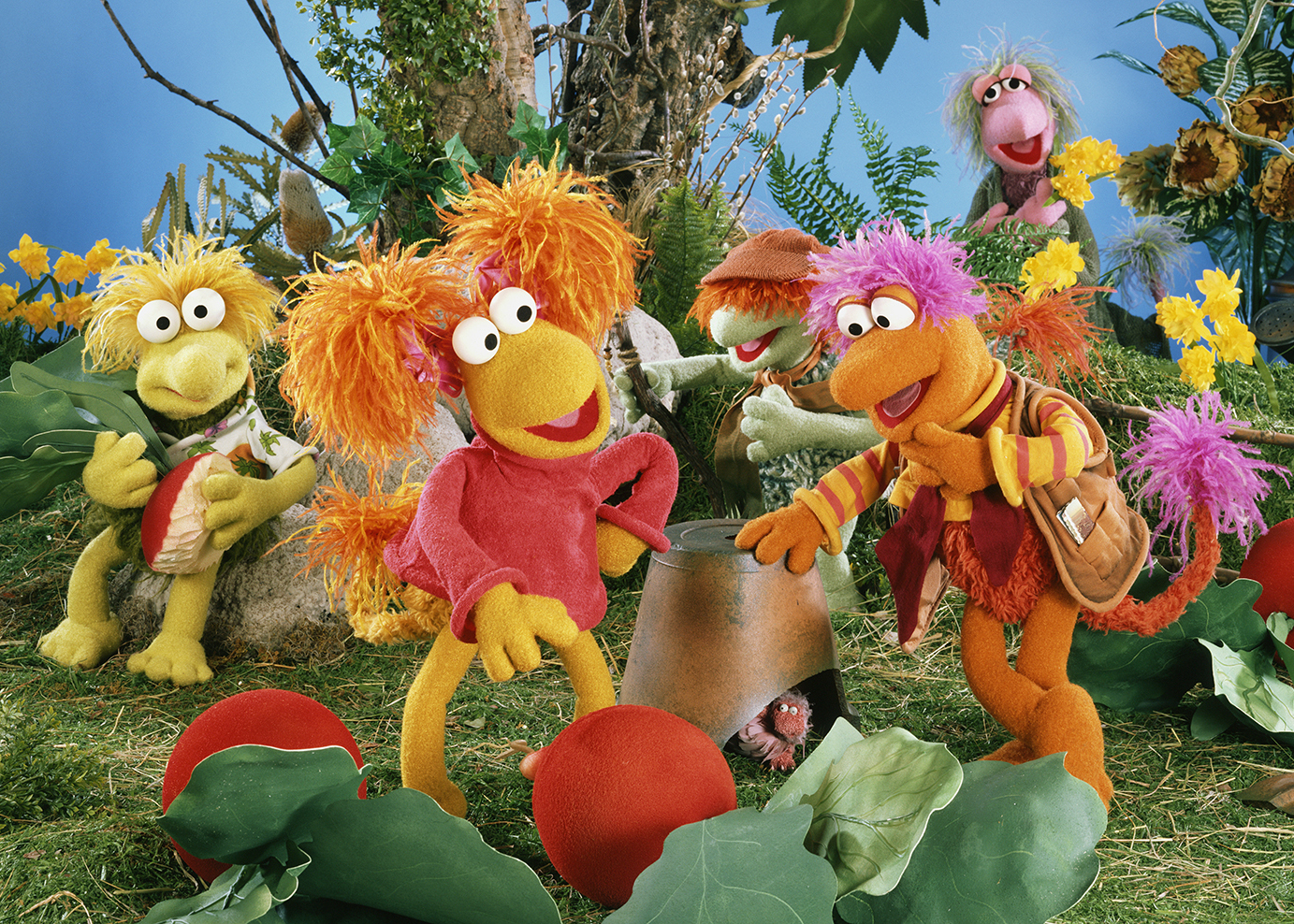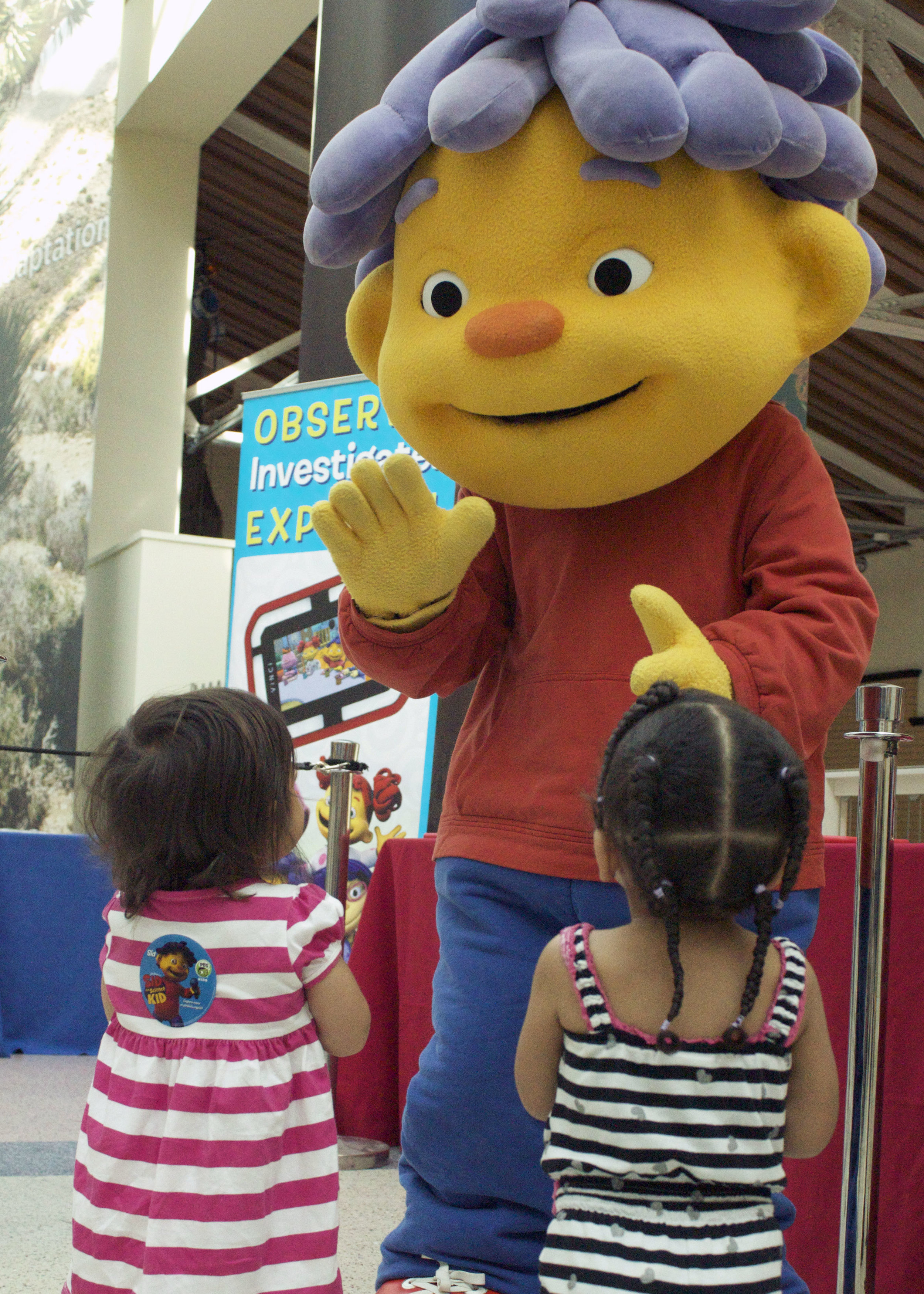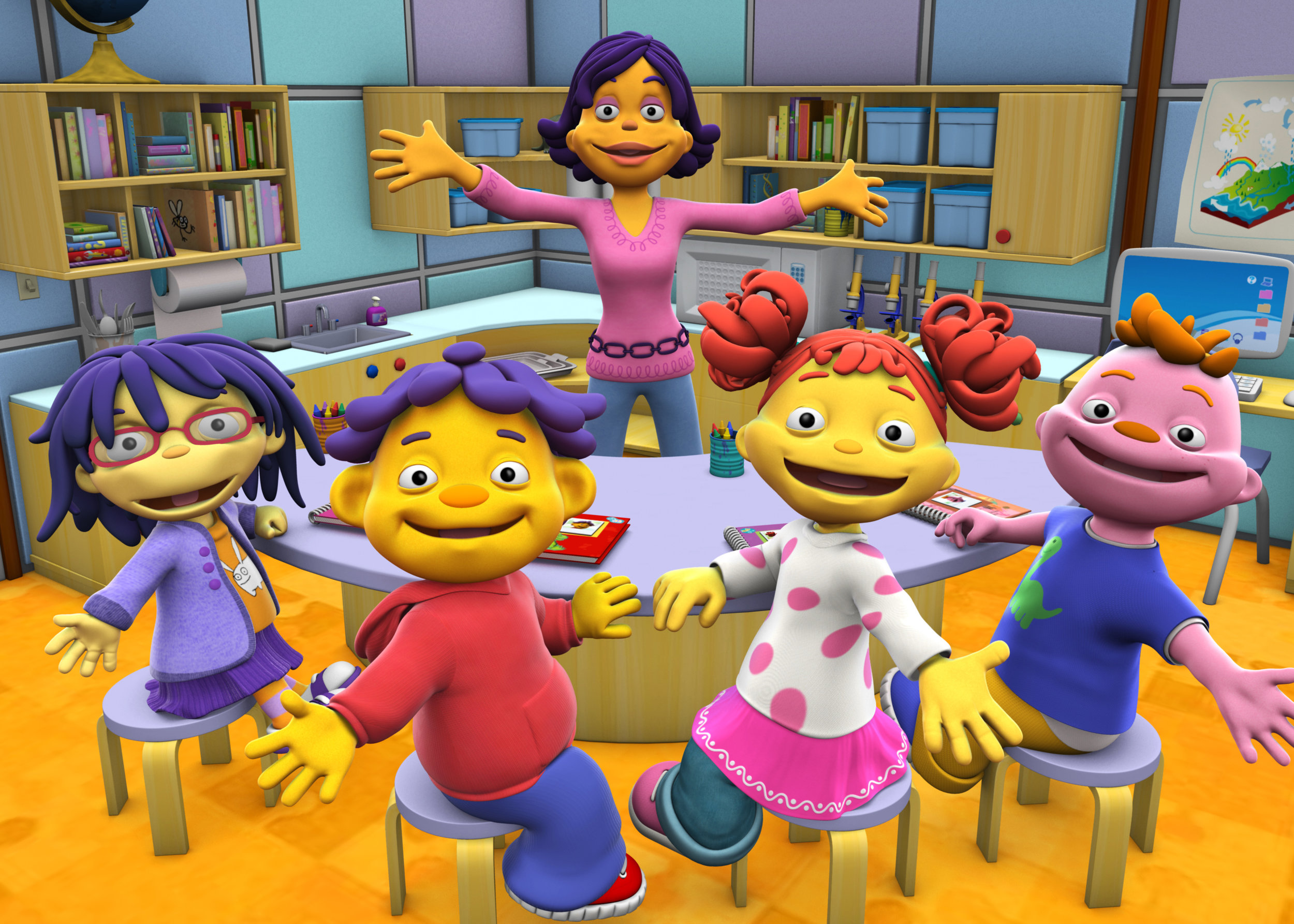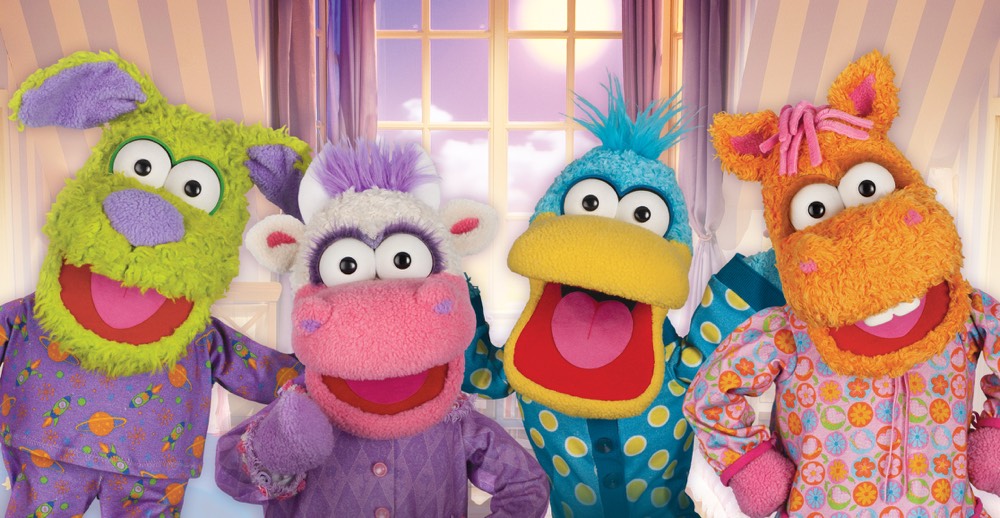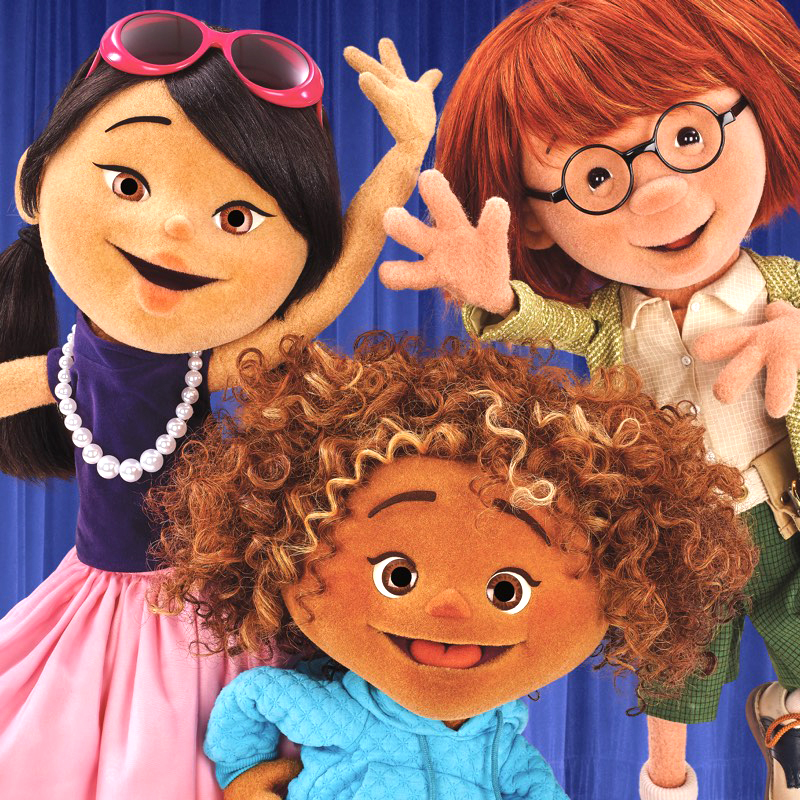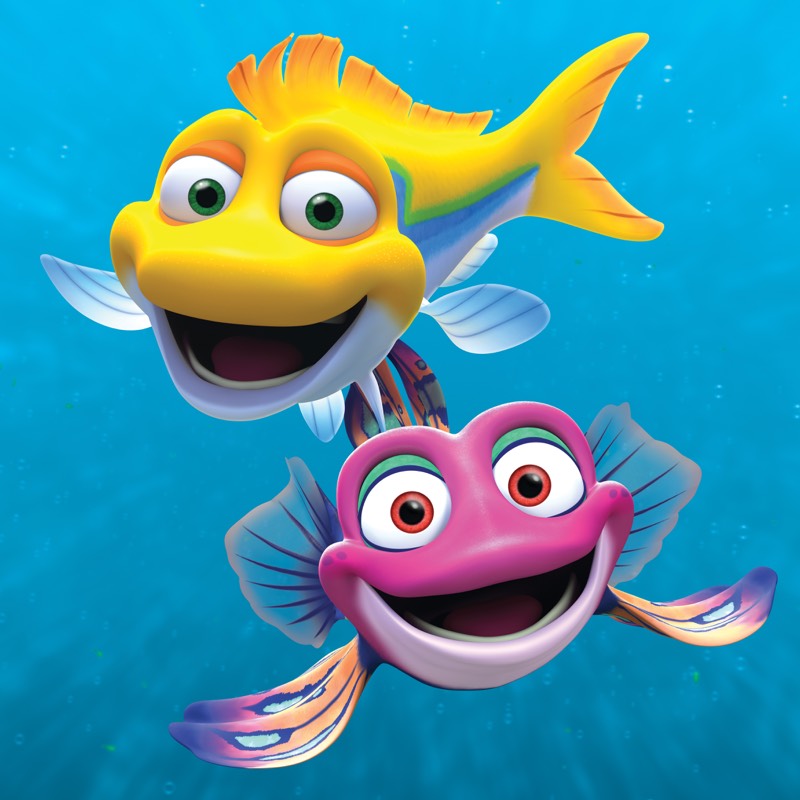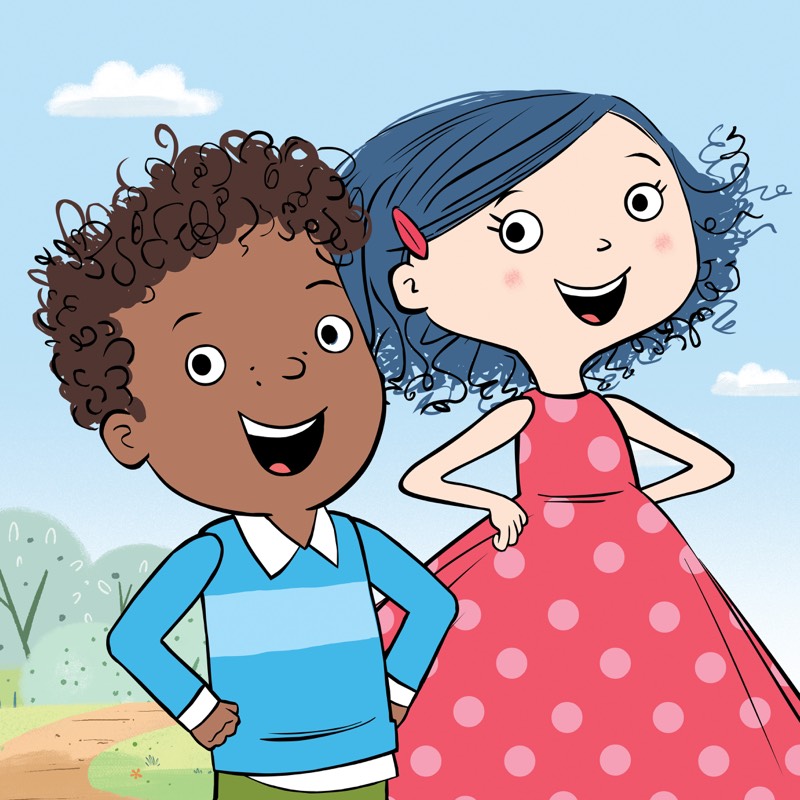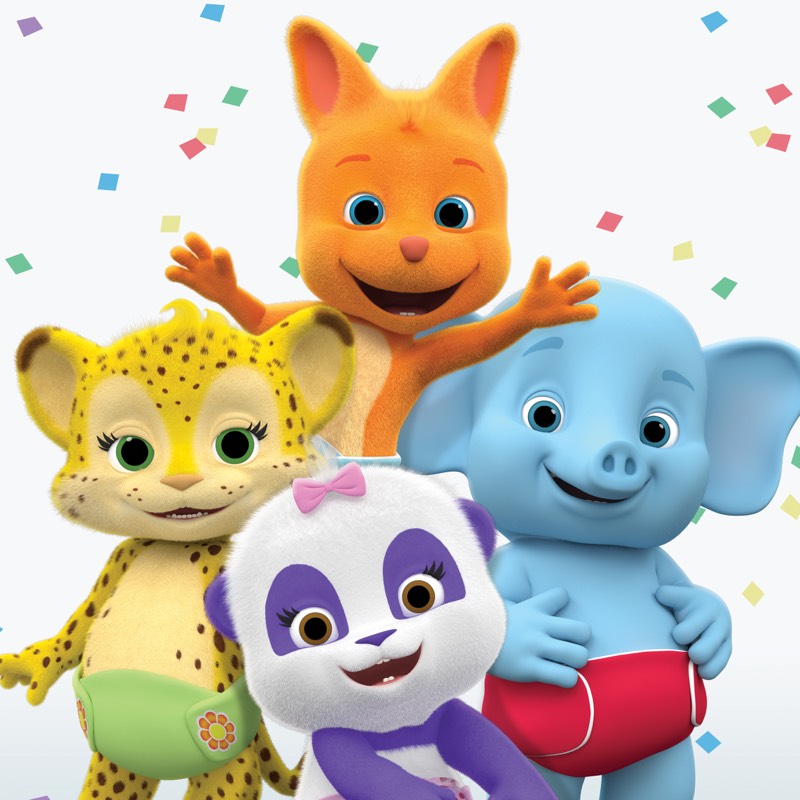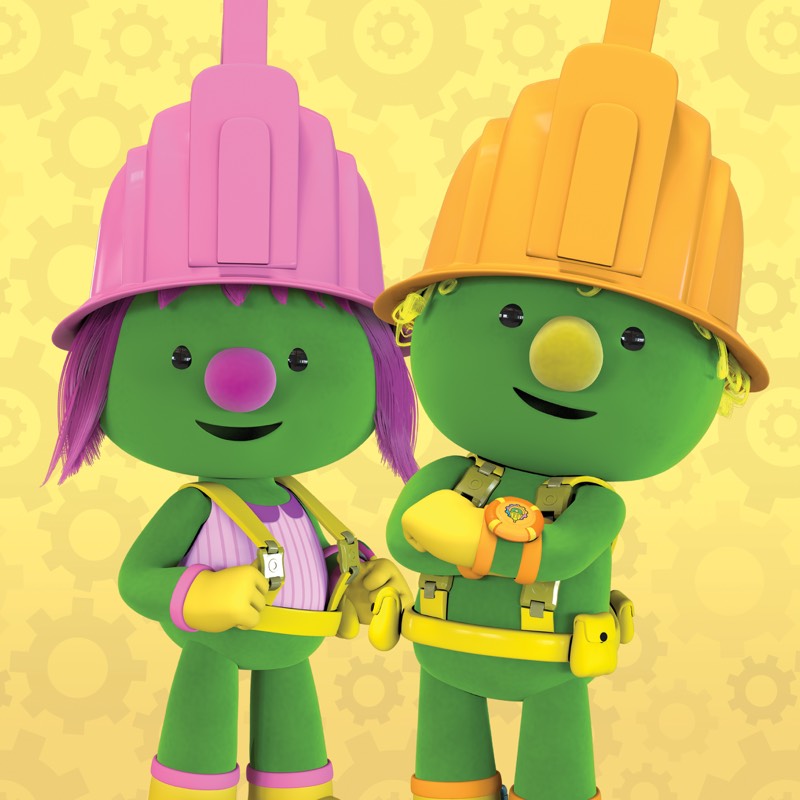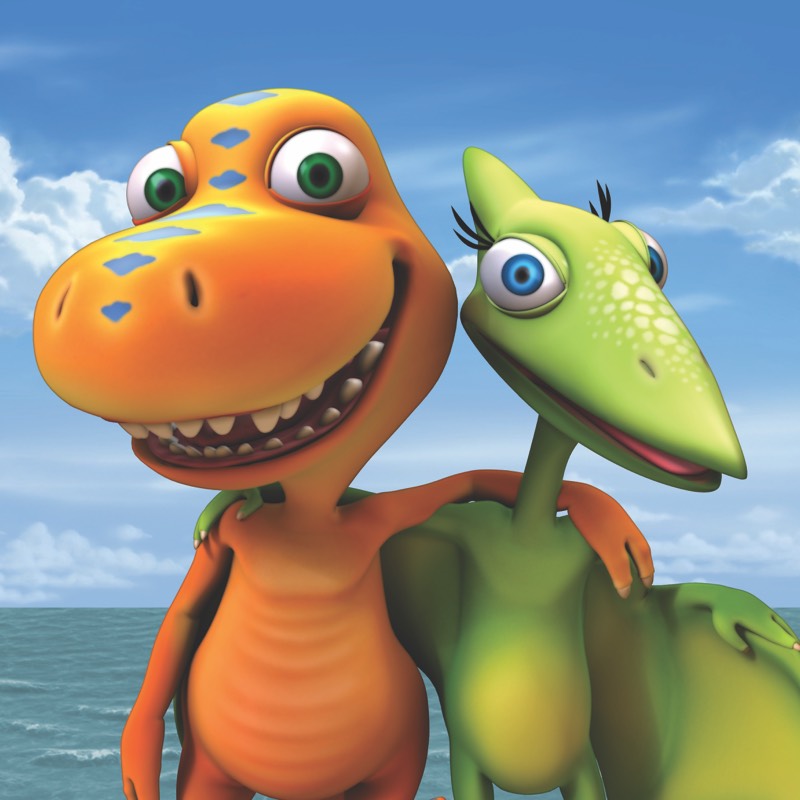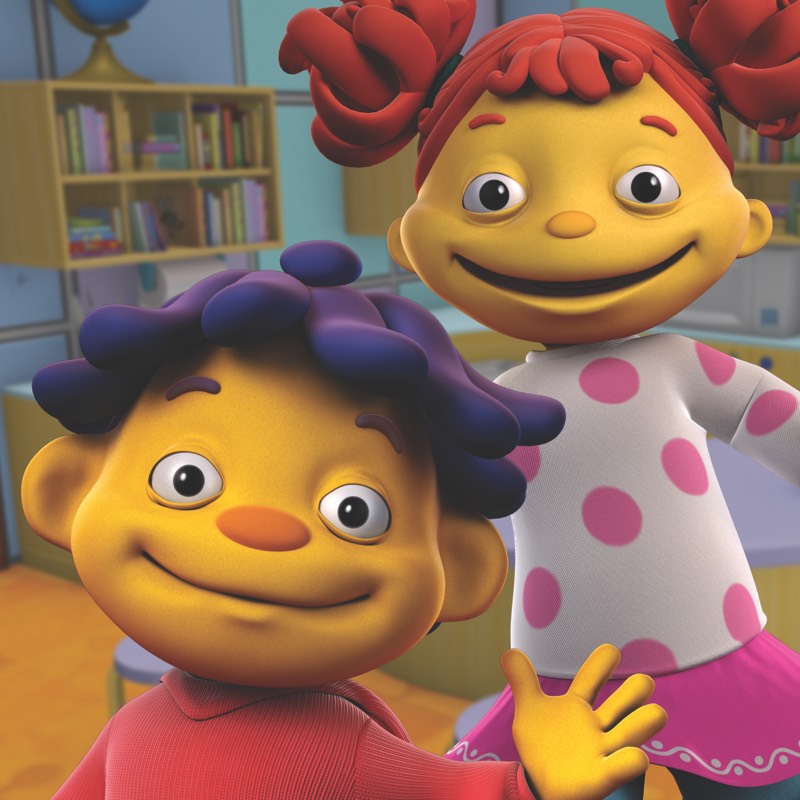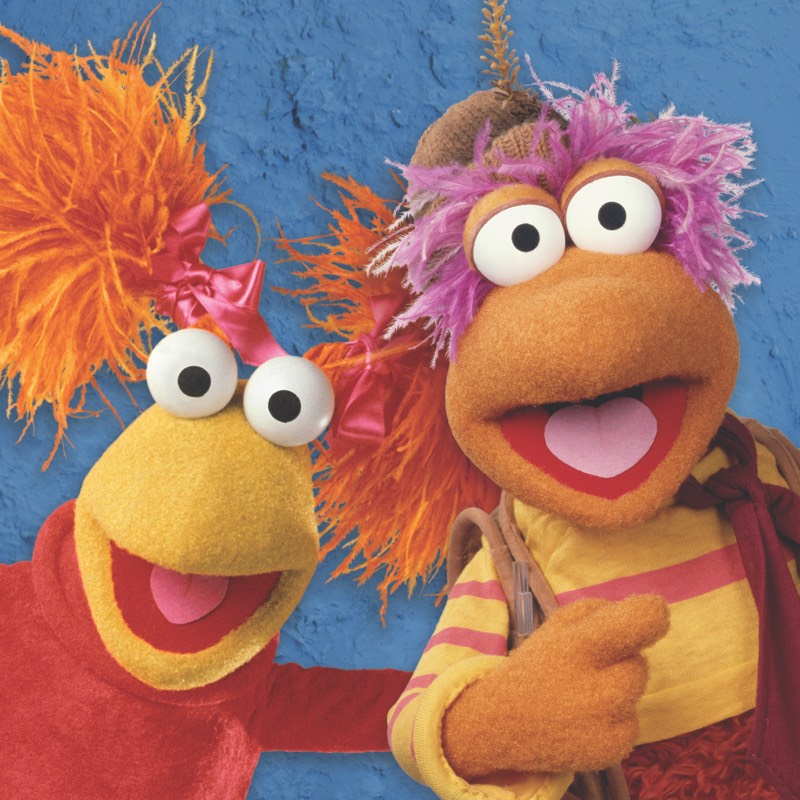Alex Rockwell on the Magic of "Word Party"
Alex Rockwell, the creator of Word Party and longtime friend to the Jim Henson Company, has been on a unique journey of creativity that led her to where she is today. Rockwell started as Jim Henson’s creative assistant! A digital character developed during that time, she says, stood out to her – Waldo, the flying creature who interacted with the audience in MuppetVision 3D. The way he flew through the screen and became part of the crowd’s reality fueled her concept of interactivity that she would draw from later in her career.
Another inspiration she found in children’s media was Fred Rogers. As he seemed to look and listen carefully to the viewers’ response gave her an idea. “What if there were a show with a Muppet-like Mr. Rogers figure?” Thus, Bear in the Big Blue House was born. “In the opening shot, Bear opens the door and sniffs you through the screen. The interaction begins immediately.” The Disney Channel show was a hit with kids, happily singing along and responding to friendly characters. Rockwell wondered: though Bear is an adult figure, taking care of viewers and his household, would the concept have the same effect with younger characters?
When her own children were young, Rockwell noticed that around 2-3 years old, the little ones played with dolls and stuffed animals in a nurturing, parent-like way, pushing toys around in makeshift strollers and tucking them into bed. Similarly, books like Mo Willem’s “Don’t Let the Pidgeon Drive the Bus” gave her kids a serious sense of responsibility, sitting up straight to read the book and ensure that the bird stayed away from the steering wheel. These experiences sparked her idea for Word Party, which would give the youngest of audiences the chance to take on the role of Caretaker to the onscreen animals. The “Babies” directly ask for help from the “Big Kids” at home, granting the audience authority to guide the action, as well providing a context to learn new words. “Children learn most of their vocabulary through relational experiences in their first three years.”
Rockwell attributes Word Party’s “magic” to the characters’ ability to emote in a way that only digital puppetry can invoke. The live performance captured in real time enables characters to express feelings and react to situations right away, like real babies do! “I also think it’s important to show that the babies have sadness and anger sometimes. Often, networks don’t want to show ‘negative’ experiences, but these moods are relatable for real kids.” The technology of today’s film, TV, and gaming industries gives us great opportunities, she says, but also a serious task: “Children’s imagination is so powerful. We must remember to let them use it.” While interactive experiences can provide a venue for genuine engagement, we must allow kids to fill in the gaps between media and the real world so they will truly create new ideas for themselves.
